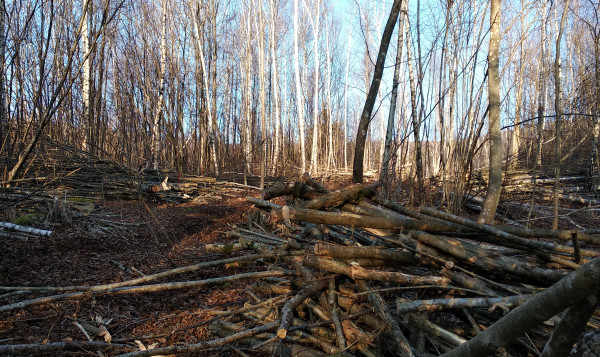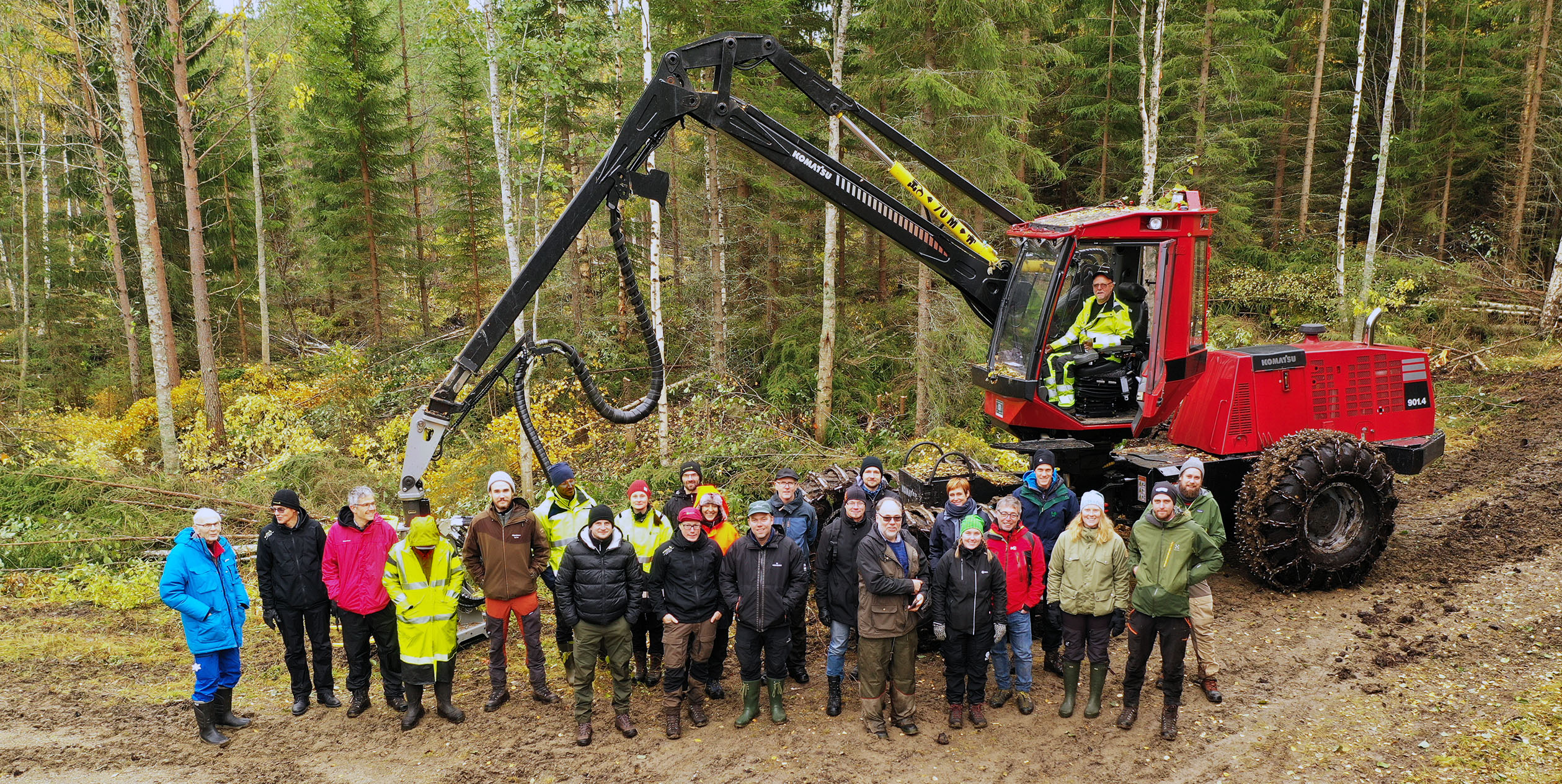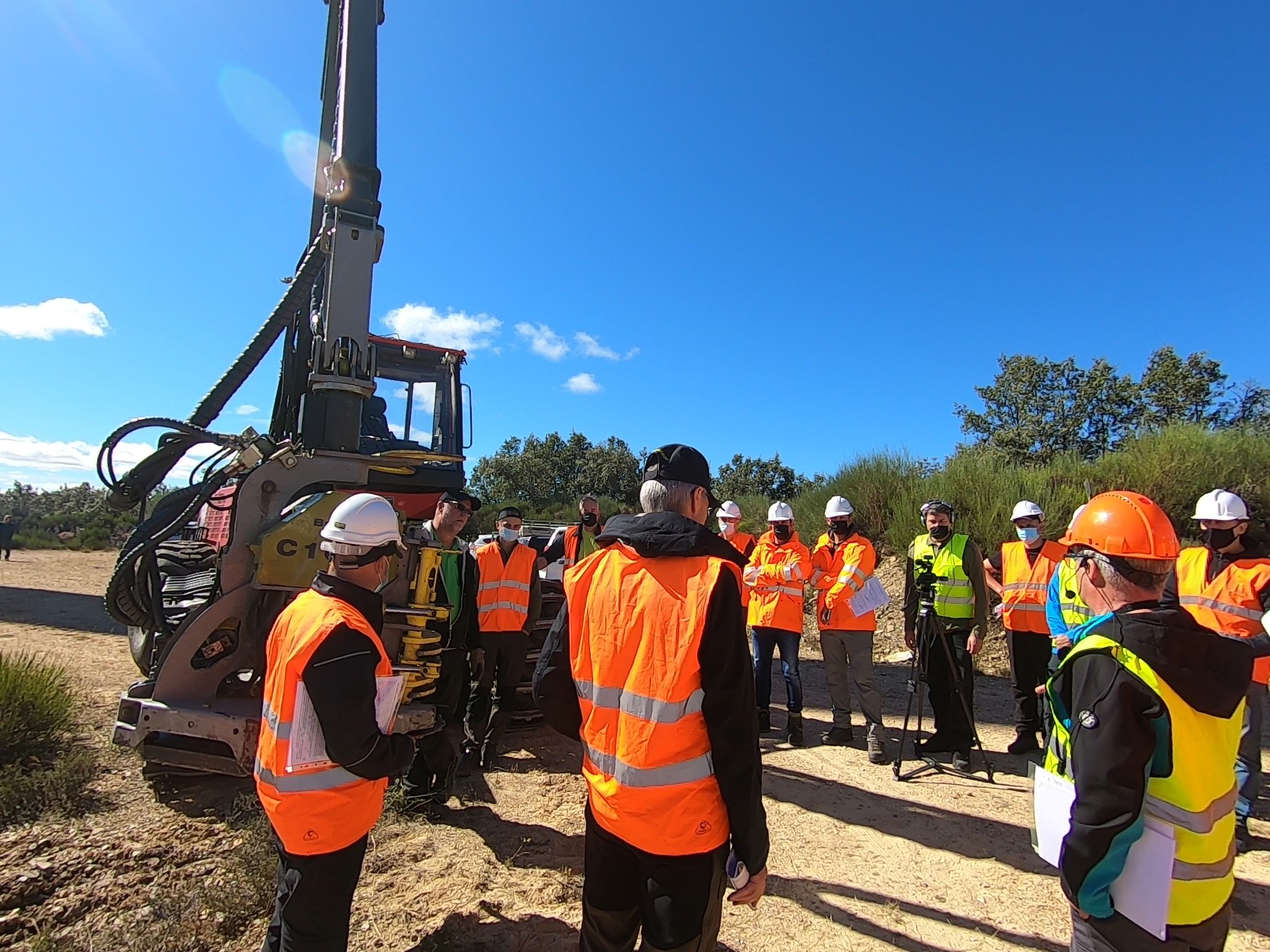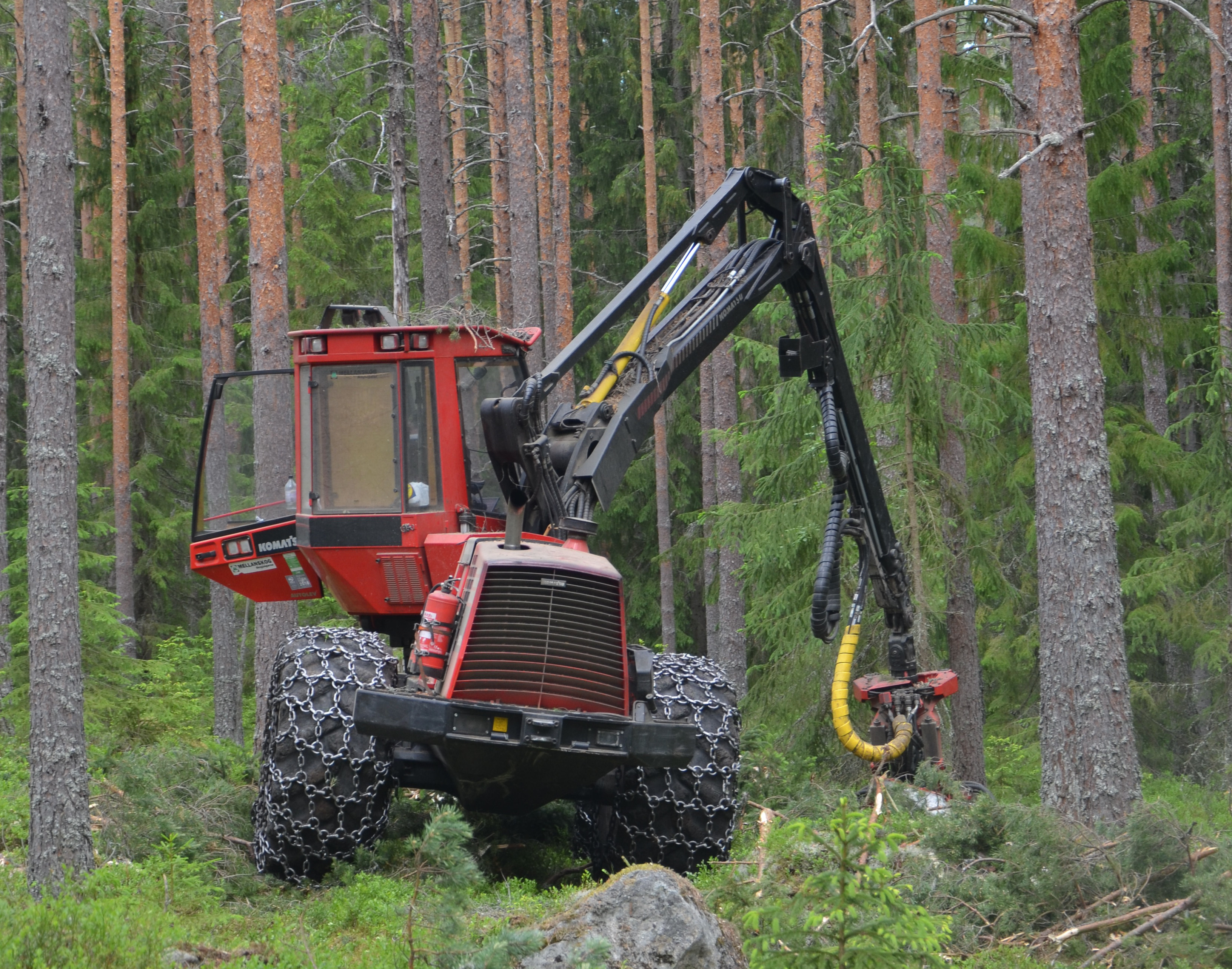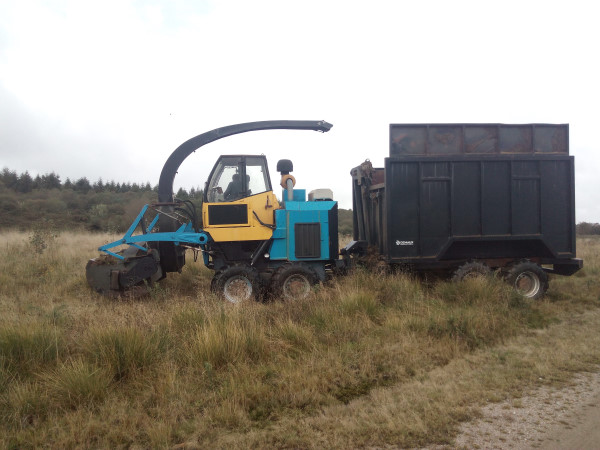This work was conducted as a Master Thesis project at the Swedish University of Agricultural Sciences (SLU) by David Bengtsson, now graduated Jägmästare (“forest engineering”).
The project was executed as a part of the SMALLWOOD project in order to investigate private forest owners attitude to manage their young dense forests for bioenergy purposes. This is highly related to the WP 2 work in SMALLWOOD where new thinning methods and technology intended for young dense forests are investigated. The Master Thesis report is written in Swedish with an English abstract: https://stud.epsilon.slu.se/15511/.
On basis of the Master Thesis report, we then refined the analysis and published the work in Forests, an scientific open access peer-reviewed journal: https://www.mdpi.com/1999-4907/11/11/1151
Abstract
Family forest owners (FFOs) own 48% of Sweden’s productive forest land and are responsible for 59% of the annual gross felling. They are thus important suppliers of raw materials to the forest industry and the energy sector. Environmental goals on the national and international level promote an increased use of renewable resources in order to replace fossil-based fuels, but since the current supply of forest products is already fully utilized by the industry, there is a need to find new types of biomass assortment. One way to increase the biomass supply is to replace traditional pre-commercial thinning operations, where fallen stems are left in the forest to rot, with whole-tree harvesting of small-diameter trees using novel technologies and methods. This will however require willingness of the FFOs to shift their management practices. The objectives of this study were, therefore, to elucidate FFOs’ perceptions of management and thinning operations in young dense forests, identify if there are differences depending on their demographic backgrounds, and clarify which factors could potentially affect their willingness to implement whole-tree harvesting in young dense forests. Data were collected through a survey administered to a random sample of 842 FFOs, with a response rate of 53.4% (n = 450). The results show that FFOs in general are positive towards implementing whole-tree harvesting in young dense stands, and are often also willing to promote the development of suitable stands. Factors such as forest size, geographical location, distance from home to their forest, degree of self-employment and current need for cleaning were found to significantly affect their attitudes.
The study highlights that the development of cost efficient harvesting techniques and working methods is important if the industry wants to increase the FFOs’ willingness to engage in whole-tree harvesting in young dense forest stands and thereby increase the supply of biomass.

